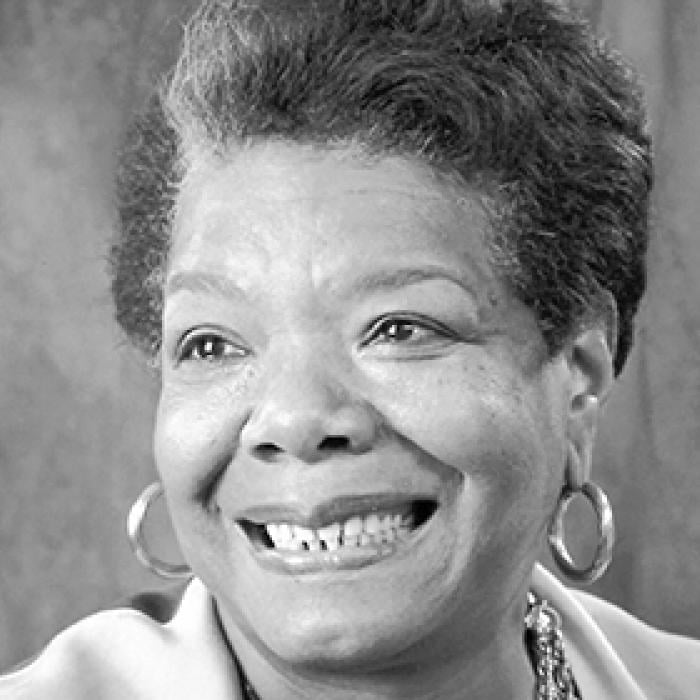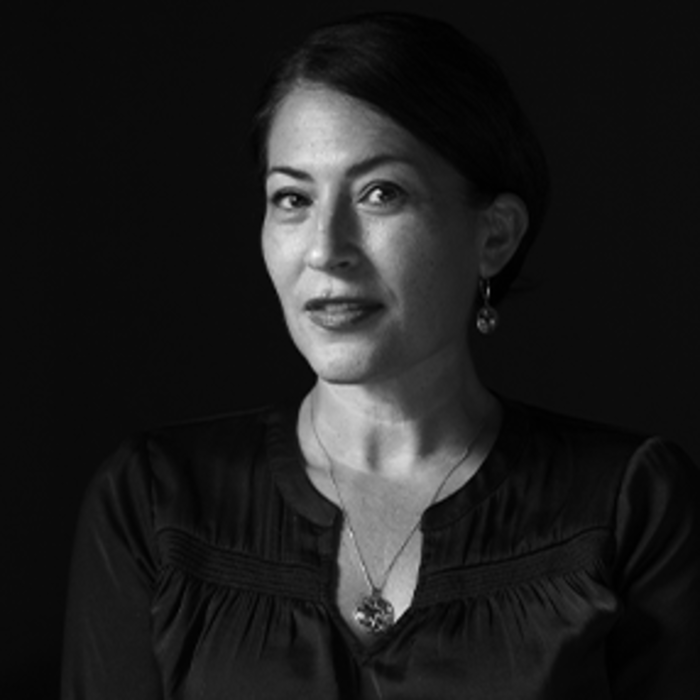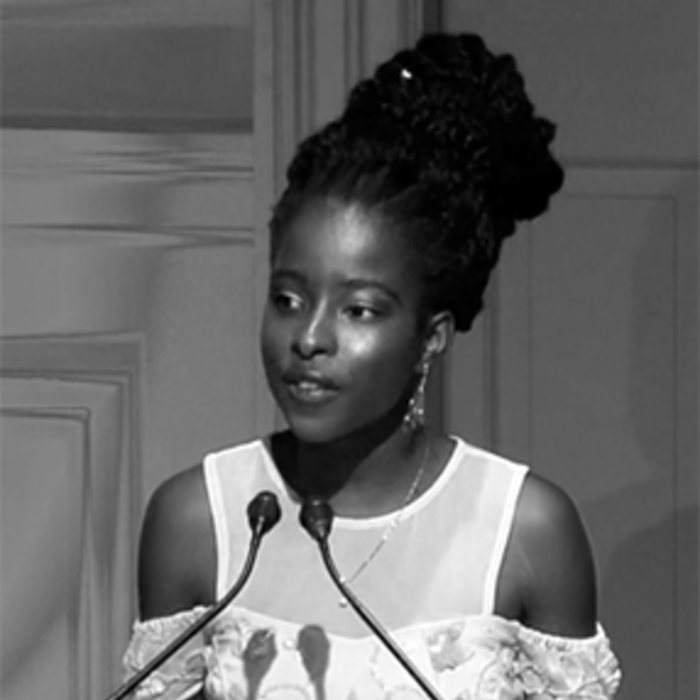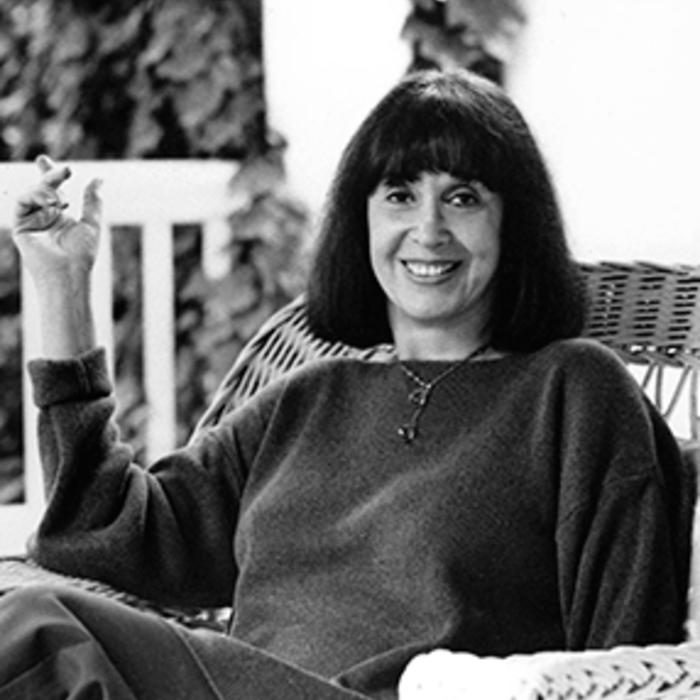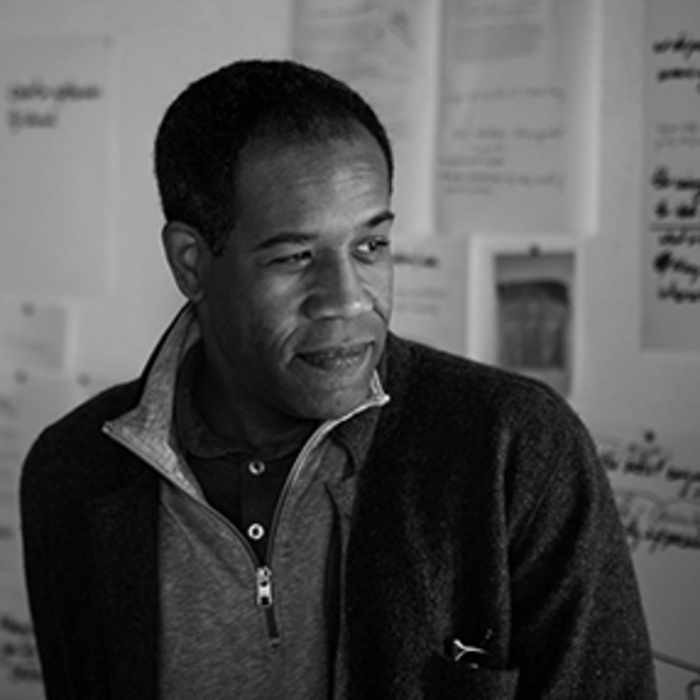Adrienne Rich
Adrienne Rich was born in Baltimore on May 16, 1929. She attended Radcliffe College, graduating in 1951, and was selected by W. H. Auden for the Yale Series of Younger Poets prize for A Change of World (Yale University Press, 1951) that same year.
In 1953, Rich married Harvard University economist Alfred H. Conrad. Two years later, she published her second volume of poetry, The Diamond Cutters (Harper & Brothers, 1955), of which Randall Jarrell wrote: “The poet [behind these poems] cannot help seeming to us a sort of princess in a fairy tale.”
After having three sons before the age of thirty, Rich gradually changed both her life and her poetry. Throughout the 1960s, she wrote several collections, including Leaflets (W. W. Norton, 1969) and Snapshots of a Daughter-in-Law (Harper & Row, 1963). The content of her work became increasingly confrontational—exploring such themes as women’s roles in society, racism, and the Vietnam War. The style of these poems also revealed a shift from careful metric patterns to free verse. In 1970, Rich left her husband, who committed suicide later that year.
It was in 1973, in the midst of the feminist and Civil Rights movements, the Vietnam War, and her own personal distress, that Rich wrote Diving into the Wreck (W. W. Norton), a collection of exploratory and often angry poems, which garnered her the National Book Award in 1974. Rich accepted the award on behalf of all women and shared it with her fellow nominees, Alice Walker and Audre Lorde.
Rich went on to publish numerous poetry collections, including Tonight No Poetry Will Serve: Poems 2007–2010 (W. W. Norton & Co., 2010); The School Among the Ruins: Poems 2000–2004 (W. W. Norton, 2004), which won the Book Critics Circle Award; Collected Early Poems: 1950–1970 (W. W. Norton, 1993); An Atlas of the Difficult World: Poems 1988–1991 (W. W. Norton, 1991), a finalist for the National Book Award; and The Dream of a Common Language (W. W. Norton, 1978).
In addition to her poetry, Rich wrote several books of nonfiction prose, including Arts of the Possible: Essays and Conversations (W. W. Norton, 2001) and What is Found There: Notebooks on Poetry and Politics (W. W. Norton, 1993).
About Rich’s work, the poet W. S. Merwin has said,
All her life she has been in love with the hope of telling utter truth, and her command of language from the first has been startlingly powerful.
Rich received the Bollingen Prize, the Lannan Lifetime Achievement Award, the Academy of American Poets Fellowship, the Ruth Lilly Poetry Prize, the Lenore Marshall Poetry Prize, the National Book Award, and a MacArthur Fellowship; she was also a former Chancellor of the Academy of American Poets. In 1997, she refused the National Medal of Arts, stating that “I could not accept such an award from President Clinton or this White House because the very meaning of art, as I understand it, is incompatible with the cynical politics of this administration.” She went on to say: “[Art] means nothing if it simply decorates the dinner table of the power which holds it hostage.” In the same year, Rich was awarded the Academy of American Poets’ Wallace Stevens Award for outstanding and proven mastery in the art of poetry.
Adrienne Rich died in Santa Cruz, California, on March 27, 2012.

